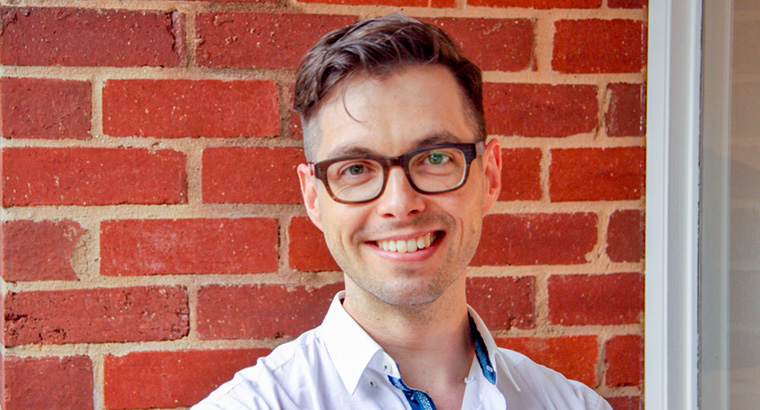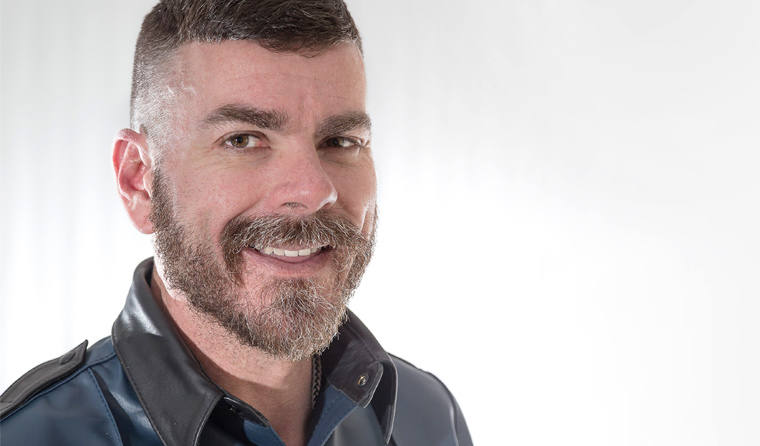Feature
One year on: Marriage equality and LGBTQI health
On the first anniversary of Australia’s vote for same-sex marriage, two GPs reflect on its impact.
 The road to marriage equality was a difficult one for many in the LGBTQI community. What are the impacts one year on?
The road to marriage equality was a difficult one for many in the LGBTQI community. What are the impacts one year on?
Much of Australia held its breath on the morning of 15 November 2017.
That was the day the results of marriage-equality plebiscite were to be announced.
After a months-long and often-divisive campaign pitting ‘yes’ against ‘no’ in what was often far from the promised ‘respectful debate’, the results signalled a strong yes: 61.6% to 38.4% in favour of marriage equality.
For sexual health GP Dr George Forgan-Smith, along with countless others in the LGBTQI community, this was a landmark event.
‘It was a wonderful moment for many, many Australians,’ Dr Forgan-Smith told newsGP.
‘People who had been in relationships for many years, for decades, were finally allowed equal opportunity under the law. And for that, I am exceptionally grateful.’
GP and sexual health physician Dr Vincent Cornelisse was also very pleased by the result, but believes the path taken to get there came at a high cost for many.
‘In the lead-up to the plebiscite, many LGBTQI people presented to [my] clinic as a result of being distressed by the negative sentiments that were publicly expressed by some elements of the general community,’ he told newsGP.
‘Apart from these negative sentiments, the very concept of a plebiscite on LGBTQI rights was itself offensive to many LGBTQI people; holding a plebiscite implies that LGBTQI rights must be subject to popular opinion rather than exist as an innate human right.’
 Dr Vincent Cornelisse has found the process of the plebiscite and the vote came with mixed feelings for many LGBTQI people.
Dr Vincent Cornelisse has found the process of the plebiscite and the vote came with mixed feelings for many LGBTQI people.
Dr Cornelisse observed that while the vote has been won, the effects of the campaign still linger.
‘The final result was emotionally confusing for many people,’ he said. ‘They were obviously glad with the affirmative result, but many were also angry the community was forced to endure the process.
‘The plebiscite result also painfully highlighted that there are still many parts of Australia where LGBTQI people are not viewed as equal to the other members of the community.’
Dr Forgan-Smith agrees the plebiscite was divisive and damaging to the mental health of many LGBTQI people, referring to it as ‘an obstacle, a painful two-year scar on the gay and lesbian people of Australia’.
He also cautioned that while the vote and the legislation represent a significant step forward, there is no room for complacency.
‘Legislation can help guide cultural change; however, cultural change takes significantly longer than the legislation change,’ Dr Forgan-Smith said.
‘Homophobia still exists, HIV-phobia still exists. People still don’t feel safe to be open about their partnerships within the workplace for fear of homophobia or reactions within the workplace.
‘So we still have a long way to go when it comes to true equality. It’s nice that we have some levels of equality under the law; however, it is a fool’s belief to feel people have equal standing to their heterosexual counterparts within the community.’
Dr Forgan-Smith also emphasised that LGBTQI people are still faced with a number of physical health inequalities, such as in treatment for HIV.
‘PrEP [pre-exposure prophylaxis] is a medicine that can greatly reduce the risk of HIV infection in people who are at medium to high risk,’ Dr Forgan-Smith said. ‘But still within the medical community there are a lot of doctors who don’t even know about it, or are unwilling to learn about it to be able to prescribe to patients.
‘Another example is “u = u” [undetectable equals untransmittable]. The evidence is clear; it is undeniable that people living with HIV with an undetectable viral load for six months are unable to transmit HIV sexually.
‘However, there are still many doctors who don’t tell patients this, or who may be unaware that HIV is untransmissable in many people who are on successful treatments for HIV.’
Dr Forgan-Smith also wants to see further advances in the treatment of patients who are transgender and intersex.
‘People who are intersex and people who are transgender are still greatly unlikely to want to see regular doctors,’ he said.
‘Transgender health is never taught. Everything I know I have learned from GP leaders who support and are members of the transgender community.’
 Dr George Forgan-Smith believes the yes vote represents a ‘wonderful start’ towards greater equality for LGBTQI people, but understands that ‘cultural change takes significantly longer than the legislation change’.
Dr George Forgan-Smith believes the yes vote represents a ‘wonderful start’ towards greater equality for LGBTQI people, but understands that ‘cultural change takes significantly longer than the legislation change’.
Looking back on the plebiscite and law change a year on, both doctors have mixed feelings, a combination of celebration and acceptance that more work is yet to be done.
‘For some LGBTQI people it has been wonderful, and quite a few have now tied the knot with their long-term partner,’ Dr Cornelisse said.
‘However, many young LGBTQI people feel disenfranchised with the concept of marriage and question the value of marriage equality when in many parts of Australia they still feel unsafe to publicly express their gender and/or sexuality.’
Dr Forgan-Smith agrees that there is still a way to travel yet.
‘It would be silly of us to stop at this point and think, “Now that marriage equality is there, it’s all done and dusted”. It’s not,’ he said.
‘But it is a wonderful start towards the cultural change that will allow [LGBTQI] people in our community to feel safe, to feel honoured and to feel respected.’
HIV treatment LGBTQI health marriage equality same-sex marriage
newsGP weekly poll
Health practitioners found guilty of sexual misconduct will soon have the finding permanently recorded on their public register record. Do you support this change?